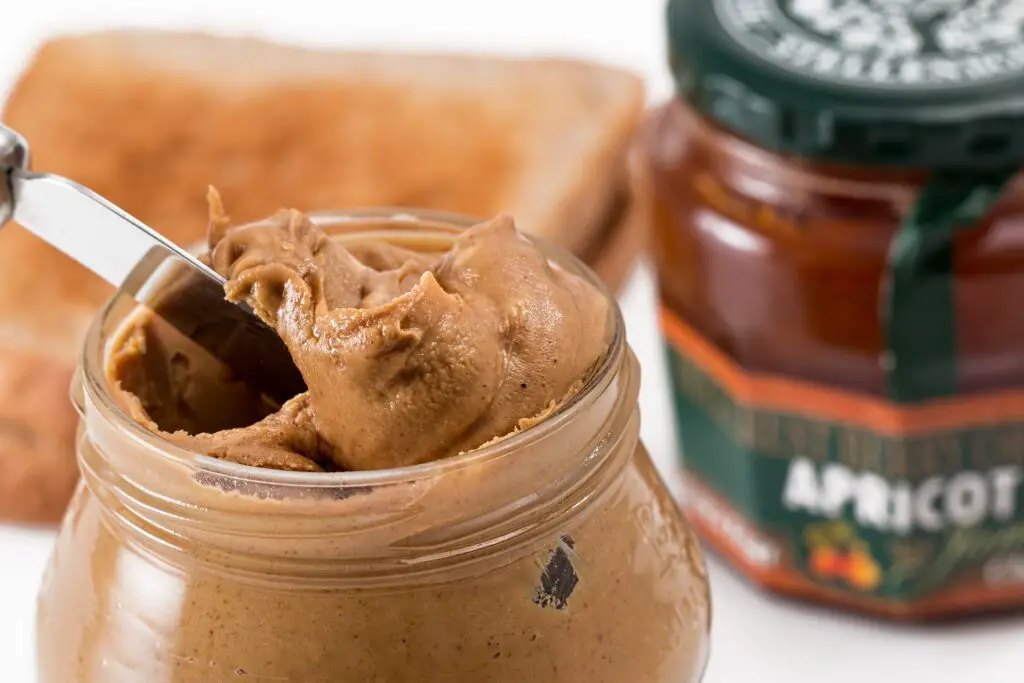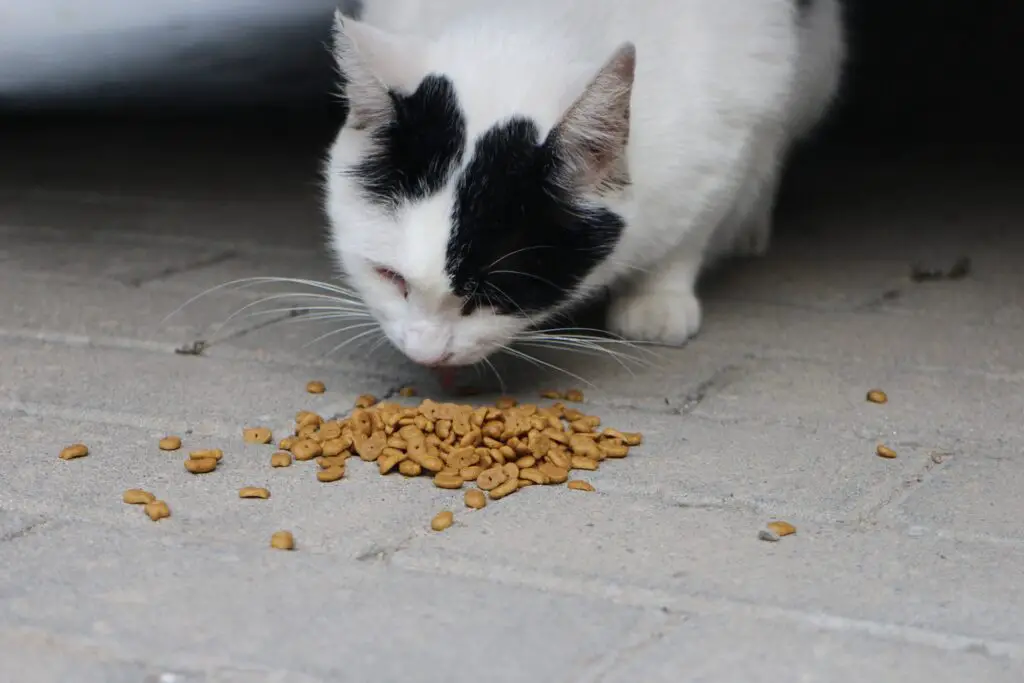
Dogs love peanut butter as a snack, but what about our feline friends? Can peanut butter be given to cats as a treat? Sadly, although peanut butter is safe for dogs to eat, it is not a good idea for cats. This is important to know. While peanut butter is a popular treat for both dog owners and their pets, cats shouldn’t be introduced to this delicious human food as a treat. Why? First off, although cats can theoretically occasionally consume peanut butter—for example, to help them remember to take their damn medication—vets strongly advise against including peanut butter on your cat’s regular diet.
Is Peanut Butter Bad for Cats?

As long as it doesn’t contain artificial sweeteners like xylitol, which is harmful to both dogs and cats, most peanut butter is safe for cats to eat. However, peanut butter offers no nutritional value and is empty calories for cats.
Cats are obligate carnivores, in contrast to dogs, who are omnivores (meaning they can eat a variety of food sources to meet their nutritional needs). This indicates that in order to meet their needs, they specifically require meat proteins. Cats cannot properly digest peanut butter because it is not classified as a meat protein. Furthermore, peanut butter has a high fat content, which many of our obese cats don’t need in their diet.
In summary, it is advisable to keep peanut butter away from cats.
Can Cats Have Peanuts?
Even though some peanuts are covered in dangerous salt or sweeteners like honey, the worry of additional toxic ingredients is reduced when peanuts are consumed alone. However, peanuts are still a high-calorie treat with no additional nutritional value.
For many of the same reasons as peanut butter, peanuts should be avoided. Furthermore, peanuts pose a choking hazard and may result in intestinal blockage if swallowed whole, particularly if the shell is still on.
My Cat Ate Peanut Butter. What
Do I Do?
If your cat did succeed in stealing an unapproved peanut butter snack, make sure it doesn’t contain xylitol by reading the label. If so, you should take your cat to the veterinarian right away as this is a potentially fatal emergency.
It’s probably safe to keep an eye on things at home when it comes to peanut butter without xylitol. If your cat starts throwing up, has diarrhea, or becomes lethargic, contact your veterinarian.
Contact your veterinarian if you have any worries about your cat or if you think there may have been xylitol in the peanut butter.
Can Peanut Butter Kill Cats?
The biggest risk for a healthy cat is xylitol-containing peanut butter. Any type of peanut butter containing xylitol that your cat consumes could be lethal if treatment is not given.
Your cat is more vulnerable to adverse reactions from consuming peanut butter if they have a history of gastrointestinal disorders, pancreatitis, hepatitis, or diabetes—even in the absence of xylitol. Tell your veterinarian if your cat consumes peanut butter and has a medical condition.
What To Feed Your Cat Besides Peanut Butter
Meat-based treats are the best to give your cat. A tiny square of chicken or turkey breast can be a healthy and safe special treat. A tasty snack can also be a tablespoon of canned salmon or tuna in water, or fresh if you’re cooking at home and haven’t added any spices.
Making eggs to boil for breakfast? Split one open and give your cat a small portion as an additional delicious snack.
FAQs About Cats and Peanut Butter
Q:If my cat licks peanut butter, what will happen?
A:The doctor Bayazit says, most likely nothing. “Although some cats can handle it well and it can be fairly benign, keep an eye out for symptoms of digestive distress, such as upset stomach or abdominal pain.”
Q:How much peanut butter is safe for a cat to eat? When is it okay for cats to eat peanut butter?
A: “Just a tiny bit,” suggests Dr. Bayazit. 1/4 teaspoon is recommended by Dr. Wooten, “or, better yet, 1/8.” Also, according to both veterinarians, it’s preferable to use this treat just as a cover for medications. Since there aren’t many health advantages, use the least amount of it if you use it every day to hide a pill or two.
Q:What negative consequences can a cat have from consuming peanut butter?
A: Usually nothing. Depending on how sensitive your cat’s stomach is, there might be no side effects or you might notice an upset stomach. According to Dr. Wooten, “they can have symptoms like loose stools, gas, or vomiting.” “Weight gain is another thing to be cautious about.”
Finally, but just as importantly, remember the words to this classic peanut butter song: “Well, there’s a food goin’ round that’s a sticky, sticky goo.” Well, it’s really difficult to chew even though it tastes so good. Peanut butter, peanuts. Yes, eating this delicious snack carries the risk of choking, so sorry, fierce cats.
